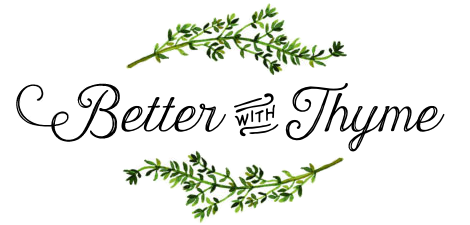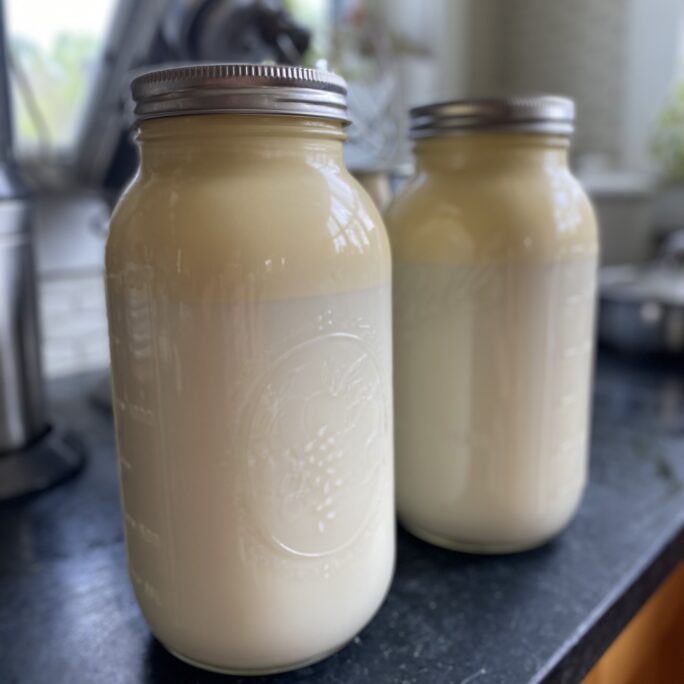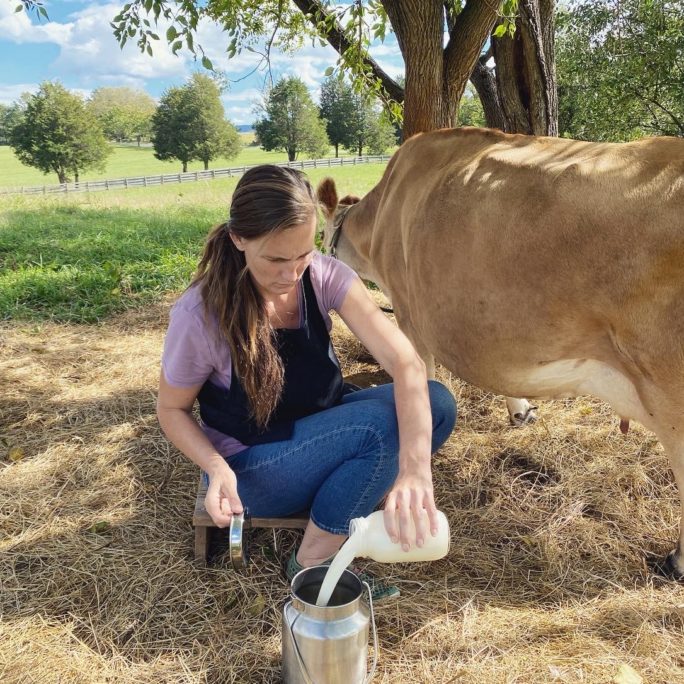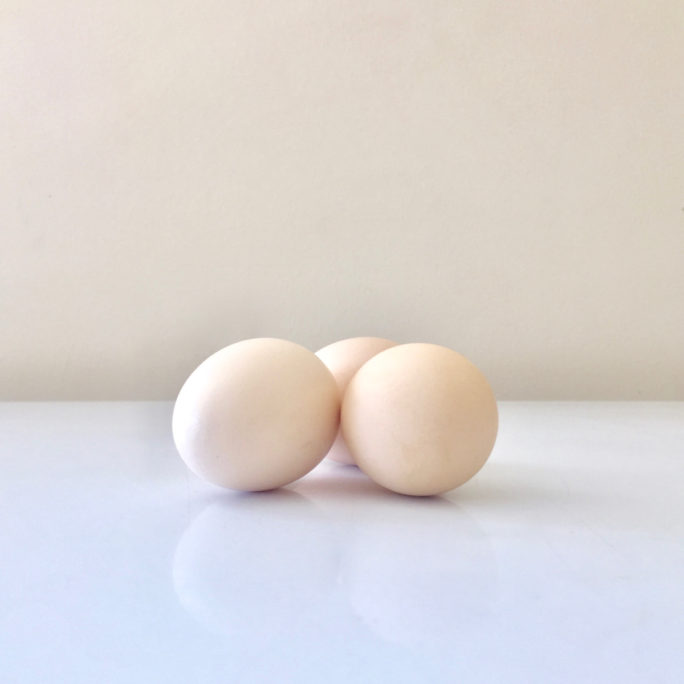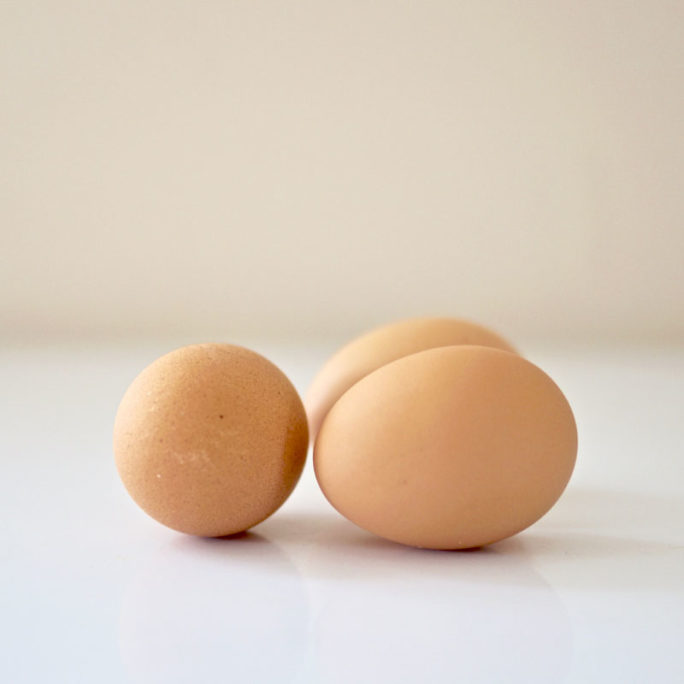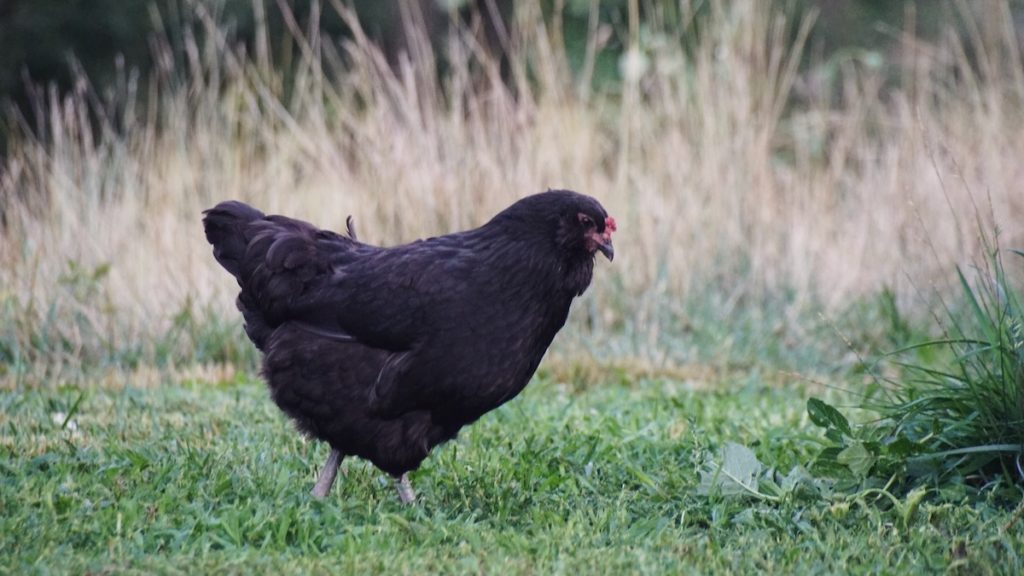
Raising Chickens, Ducks and Turkeys
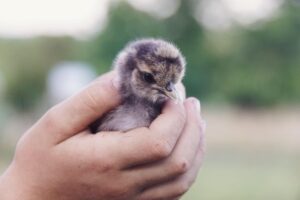
As part of our journey to sustainability (and regeneration of the land in our stewardship), we have chosen several heritage breeds of poultry for our on-farm breeding program. We raise several breeds of chickens for both eggs and meat as well as turkeys, ducks and guinea fowl.
A goal of permaculture is to increase yields while decreasing inputs over time. One way we strive for this goal is to hatch and raise chicks, poults, ducklings and keets from our own flock, rather than buying new baby birds from off the farm every year. (Since baby poultry hatch in as little as 21 days, and we have quite a few hens who love to brood, we have plenty of babies for ourselves and extras to share with others!)
Our birds serve many other functions on the farm as well, including improving the quality of the soil on our farm, feeding our family and our dogs, and providing entertainment and education and tick control!
Why heritage breeds?
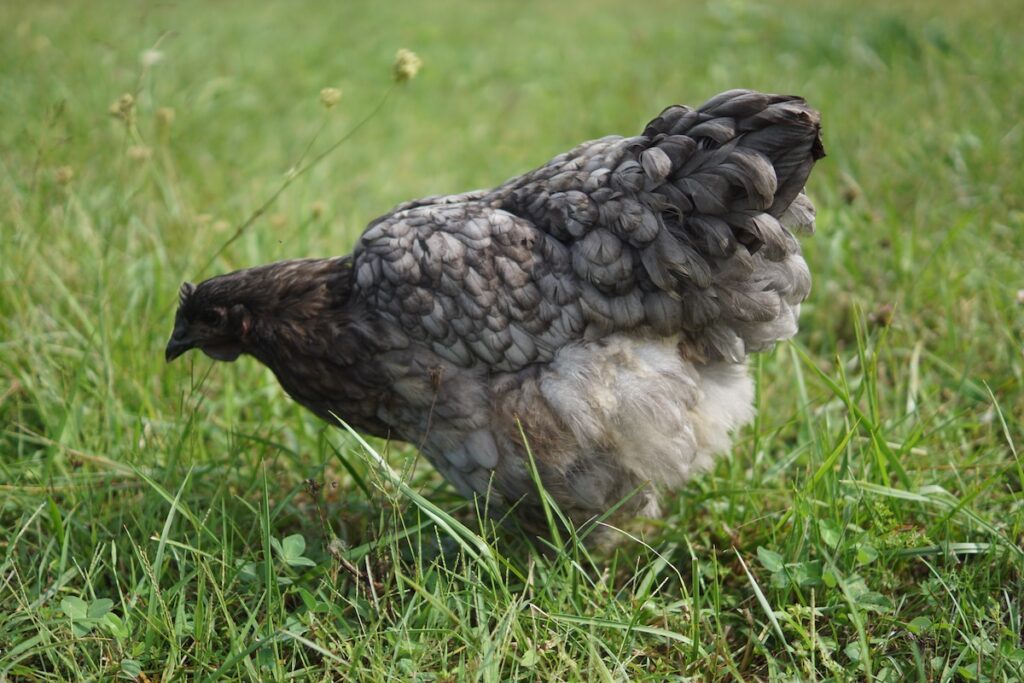
Compared to industrial breeds, heritage chicken breeds have strong immune systems and are more capable of free-ranging and foraging much of their own diet. Producers of commercial chicken breeds have different goals than homesteaders. For example, our chickens typically eat about 1/8 of a pound of feed daily, of their total daily need of about 1/3 of a pound of food. A word of warning though: a breed of chicken is defined by it’s appearance, and there are many hatcheries that offer birds that look just like a heritage breed but have not been careful bred for the foraging ability etc that homesteaders are looking for. Whenever possible, buy from a breeder dedicated to their chosen breed(s)!
Pasture Raised
Organicly Fed, No Soy or Corn
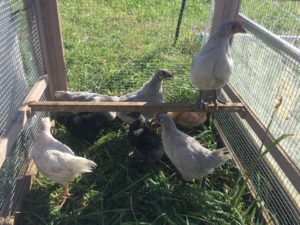
All of our chickens are raised with access to pasture from as young of an age as possible. Weather permitting, they are in outdoor brooder pens during the day from the time they are 2-3 days old. By 3 weeks old, they live in our outdoor pens day and night, and are moved to fresh pasture daily or more. Once our chickens are large enough to join the larger flock (about 3 months old) they are allowed to range freely throughout the day. When we are segregating chickens for hatching eggs, we use the same system of pastured pens and portable poultry net to give them access to fresh pasture frequently.
In addition to pasture access, our chickens receive organic kitchen scraps and feed that is free from soy and corn. We started out feeding Scratch and Peck Naturally Free feed with added herbs and Scratch and Peck’s Cluckin’ Good Grubs and continued that way for many years. Recently we transitioned to a homemade chicken feed recipe to save money, while still meeting our chickens’ nutritional needs. Learn more on our blog post Cutting Our Chicken Feed Bill by 65%.
Our chickens always have access to fresh water, grit, eggshells and/or oyster shells and Thorvin kelp. We add apple cider vinegar and essential oils to their water periodically as well. Each of these elements help ensure the chickens have a solid nutritional foundation and natural support for their immune systems.
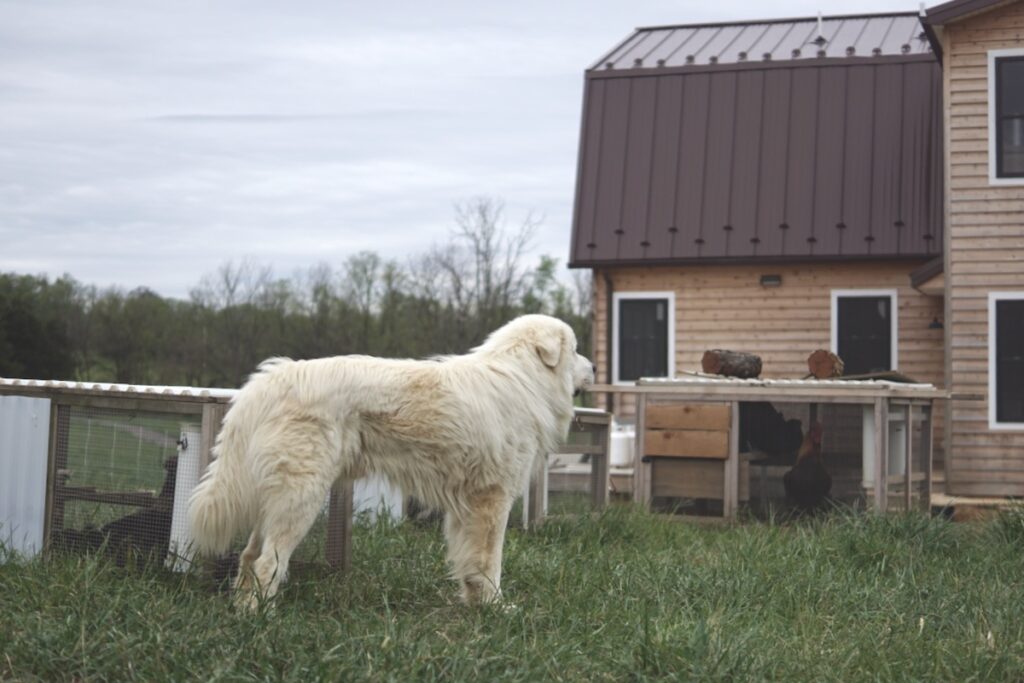
Why no soy or corn?
When our first child was born, we learned some cautionary information about soy from our pediatrician, and have since learned more and made an effort to eliminate soy from our diets. Among many other concerns, soy contains phytoestrogens (plant estrogens), which can stimulate the growth of cancer cells as well as causing other health issues in humans (1). Chickens fed soy will pass extra estrogen on in their egg yolks (2). For more information, see the The Weston A Price Foundation’s Soy Alert!.
Corn feed provides more than enough calories, but is too low in fatty acids and certain amino acids, vitamins and minerals for chickens to thrive on and can cause obesity in chickens (3). Besides a burst of energy, corn has very little else that chickens need (4).
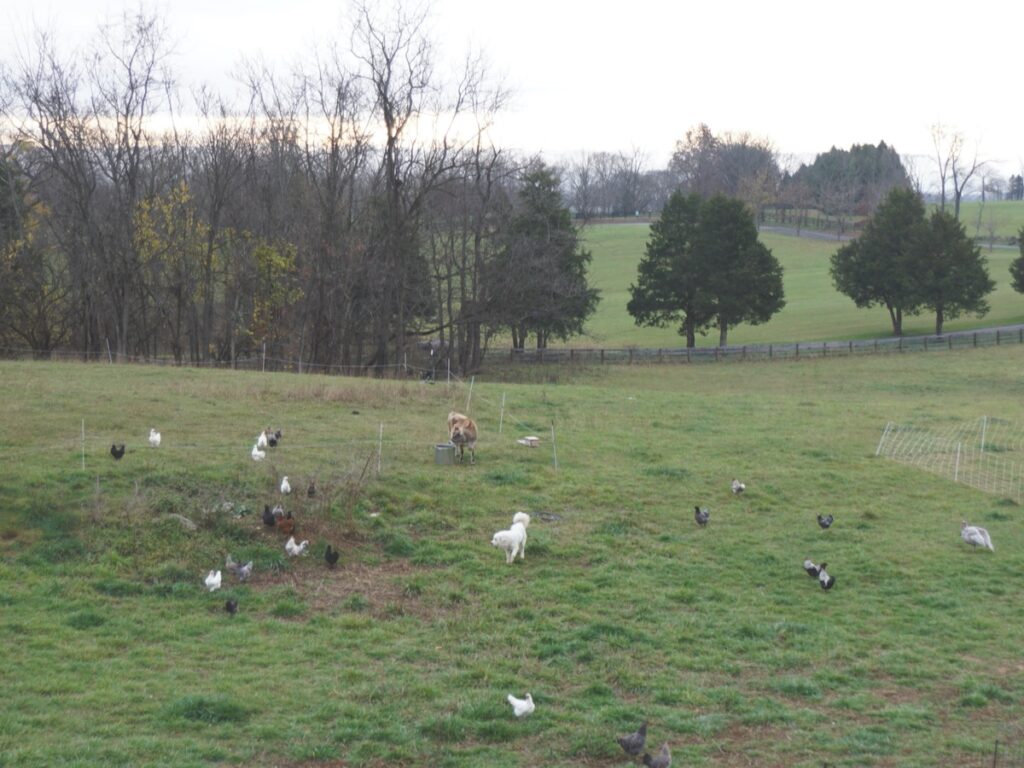
Farm Sales
We are offer eggs by the dozen, hatching eggs and day old chicks for sale from our flock. We occasionally have juvenile and adult birds available as well.
